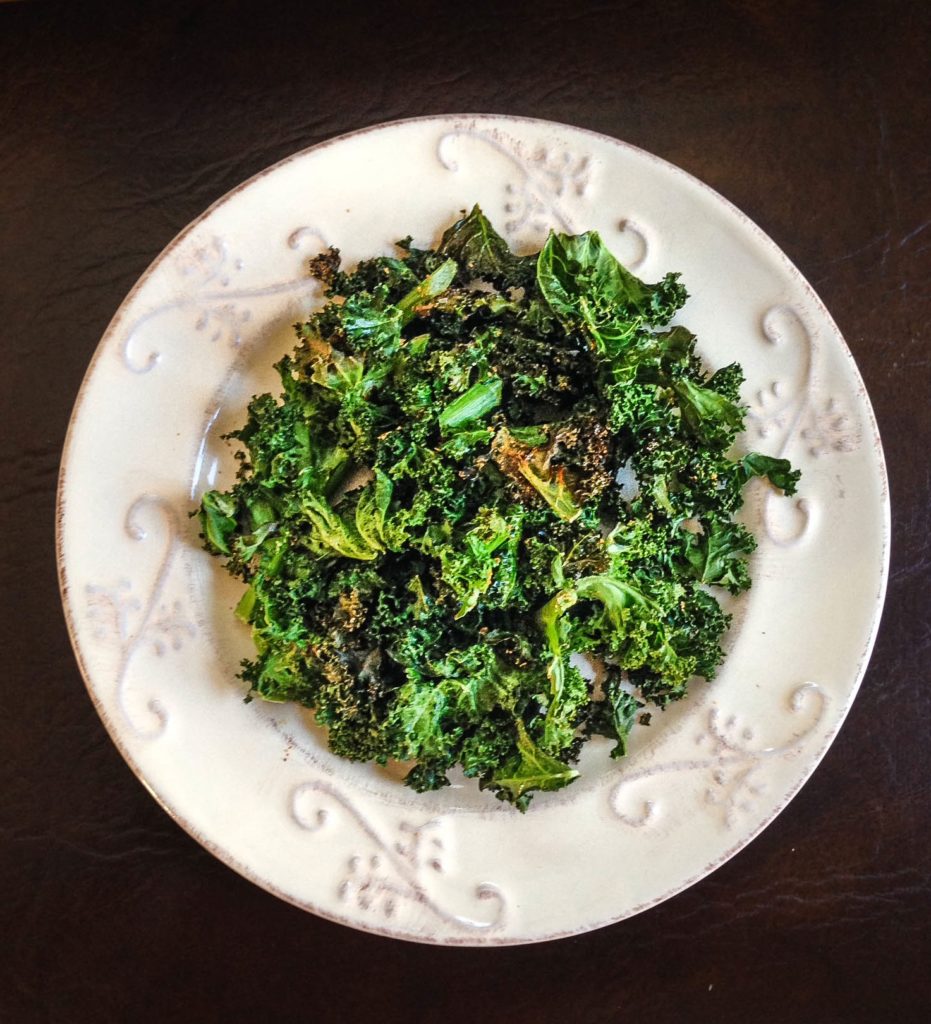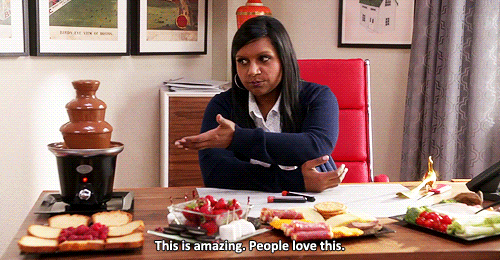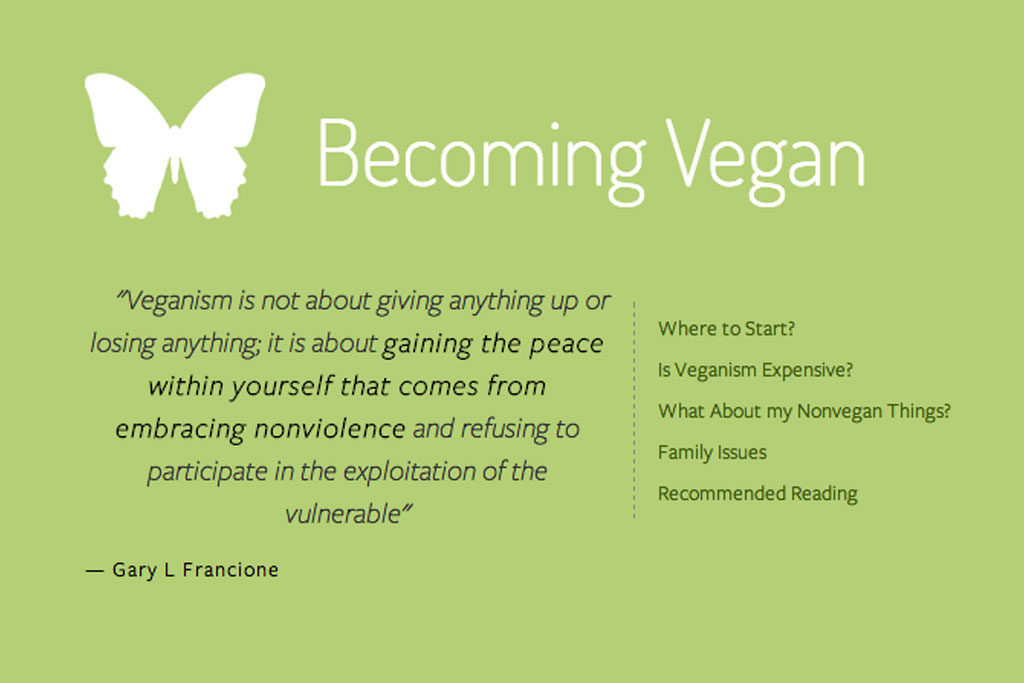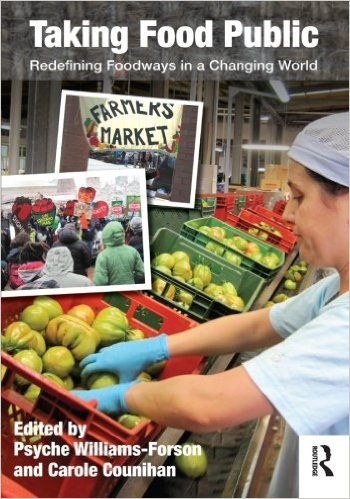Funny how the latest trends today include cafe hopping, fitness, and healthy diet crazes. What a time to be alive! One of the biggest of these trends is veganism. We’ve all heard about veganism, but what is it really?

Photo by Danielle Cahoon
Let’s get rid of the stereotype that vegans are leaf-eating people by choice. The gist of it is that vegans commit to a plant-based diet. Yup, that means no consumption or use of anything that is a product of animals such as eggs, meat, dairy products, etc. And they don’t munch on a steak for the heck of it, either.
Vegans believe that their diets are merely one aspect of a lifestyle they have adopted as part of a movement for the sake of social justice. And a few less dessert options aren’t going to stop them.

Gif courtesy of Thingsilove474.tumblr.com
Sounds like a pretty solid game plan, no? The loophole that needs to be exposed here is an ironic one, and that is the racialization of veganism. Let’s talk about social injustice for a second here. The corrupt system of capitalization that most of the world lives under, where the rich basically get richer and the poor get poorer due to the exploitation of power and privilege.

Photo courtesy of www.vegankit.com
The mainstream ideology of veganism is perceived to be a diet or lifestyle that should be practiced by as many socially and environmentally conscious people as possible. Here’s where the irony comes in:
Going Beyond the Normative White “Post-Racial” Vegan Epistemology, a chapter in Taking Food Public: Redefining Foodways in a Changing World, talks about veganism in racialised spaces, among other foodways and their societal effects. Harper introduces the idea that veganism (in the USA) isn’t disconnected from racialisation and is a problem because not everyone has access to healthy food options, based on their racial and class status.
What does this mean exactly? Basically, a self-contradicting movement of pushing people towards veganism in efforts to be more conscious while turning a blind eye to societal disparity based on race and class.

Photo courtesy of amazon.com
Harper writes, “…your relationship with healthier food options is influenced by a host of factors not the least of which might very well be environmental racism–lack of access to public transportation to get healthier food sources, and the placement of fast food chains in closer proximity to you than an affordable produce centre.”
Those with the combination of white and class privilege are able to participate in veganism due to their physical and environmental upper hand in society, whereas non-white and racialised people simply don’t have the same options. Think about it for a second. How can a group of people try rooting for a system that was made to work against them?
Racism does not only exist in the form of derogatory terms, jokes, and unequal treatment. It is found in every aspect of our daily lives because it affects the quality of life of unprivileged people. So, the next time you pick up something healthy to eat with the intention of being environmentally conscious, don’t forget that you’re part of a people who actually can afford to.




